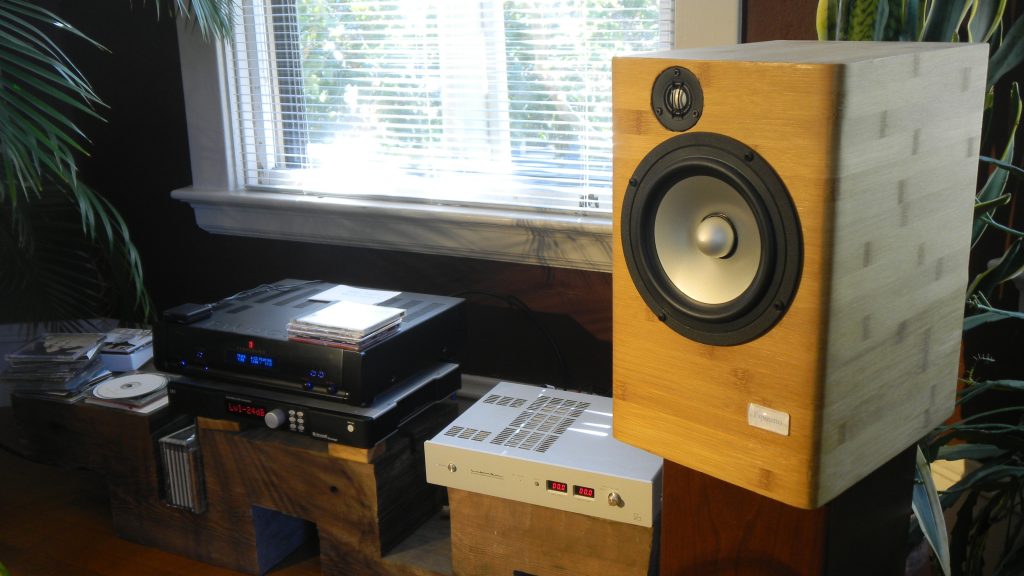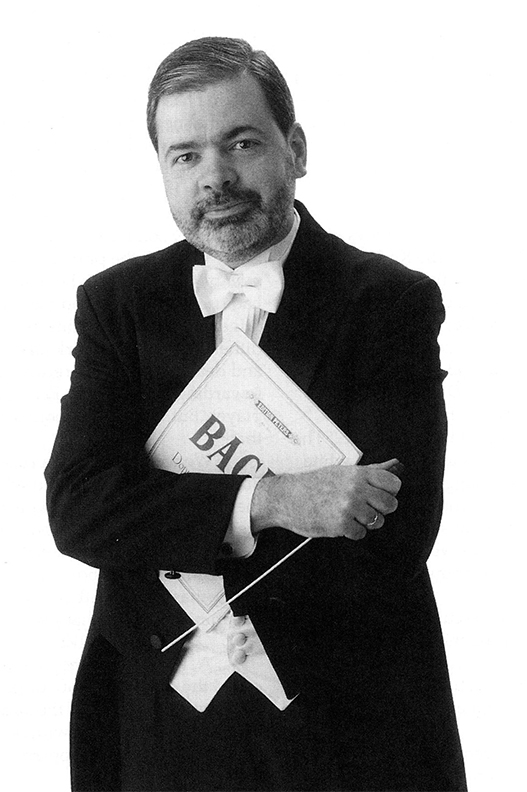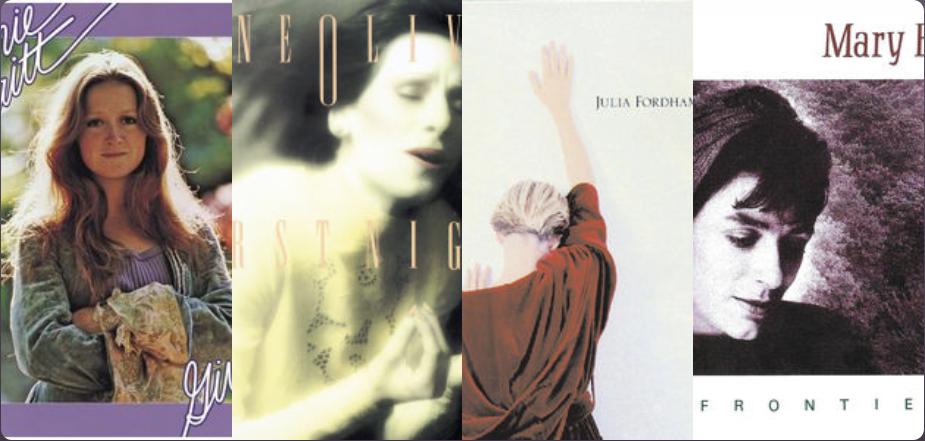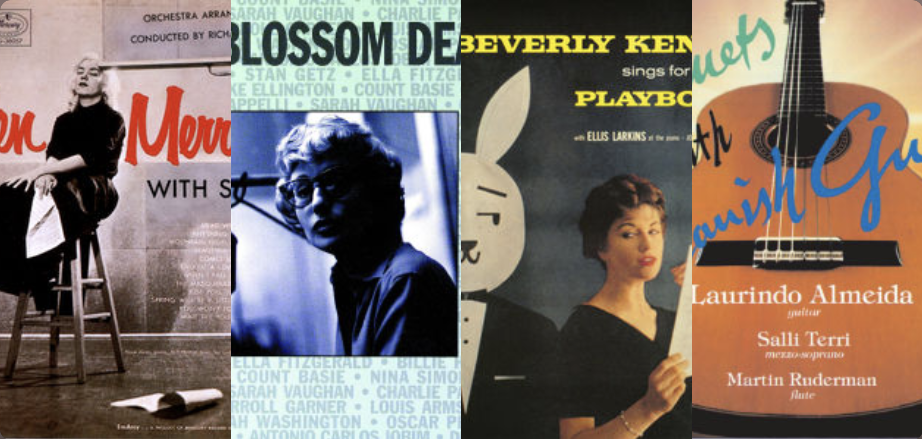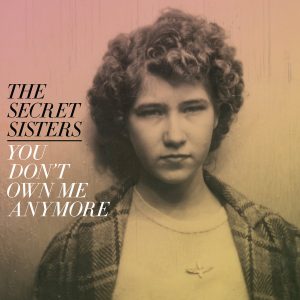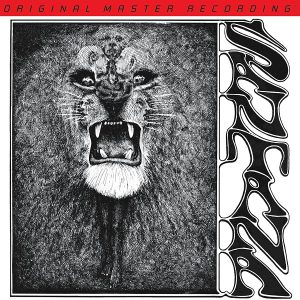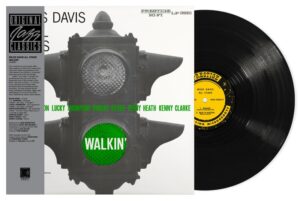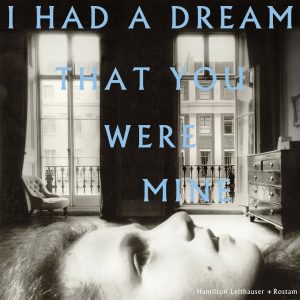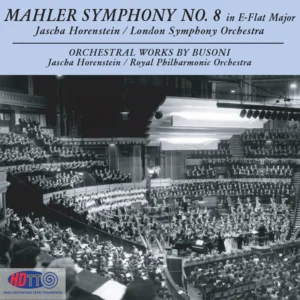ORA Singers: The Mystery of Christmas. Music of Allain, Anonymous, Byrd, Hall, Hyde, Lauridsen, Macmillan, McDowall, Peacock, Rowarth, Rutter, Samitz, Sixten, Tallis, Williams, and Weir. CD Harmonia Mundi HMM 905303.
Downloads (24-bit/96kHz stereo AIFF, ALAC, FLAC, and WAV) available from HDTracks. Streaming available from Tidal.
Recorded at St. Augustine's Church, Kilburn, London, January 23-28 and August 7-12, 2017. Nicholas Parker (all tracks except track 5) and Tim Handley (track 5 only), producers; Mike Hatch, engineer. Support for the arts from the Pureland Foundation. Total time 76'37.
My previous Christmas-music recommendations can be found at my blog site, The Tannhauser Gate, right here: Part 1; Part 2; and Part 3.
Here's a fantastic new recording from a group new to me, Suzi Digby's ORA Singers. They are as good as any handpicked professional choral ensemble out there. (I have heard most of the top ones live.) This collection showcases ORA's "Unique Selling Proposition," which is to prove that today, we are in a Golden Age not only of choral singing, but also of composing works for vocal ensembles. (Funny; I have long said the exact same thing about the art of the string quartet. We live in a golden age of the string quartet—both for playing and for new works.)
Therefore, ORA's (for lack of a better phrase) business plan is to commission 100 new works for chorus over the course of ten years. (They are well on their way to achieving that goal, having commissioned 40 works in three years.) To make it even more interesting, Ms. Digby's approach is to ask today's composers to create works that are personal reflections upon the choral glories of the past, especially the masterworks of the Renaissance. Ambitious, yes. But several of the new works on this disc should find their ways into the standard repertory fairly quickly.
As a producer of classical recordings, one of my favorite Shibboleths (or, rubrics or axioms) long has been that, once your CD has started playing in the CD player of the reviewer, radio programmer, or record-store buyer, you have only ten seconds to make the sale. Furthermore, I believe that you make the sale only by giving the listener that "You are in good hands with Allstate" feeling. If the listener gets the feeling that your performance is for you a nerve-racking tightrope walk, no sale. (Obviously, there are exceptions to my little rule. Not much at all happens in the first ten seconds of Mahler's Symphony 1; at least, not much by which you can distinguish a great performance from one that is merely unobjectionable.) In the case of the ORA Singers' The Mystery of Christmas, convincing me took only the first four to eight seconds of the first track.
More information, a performance video, and sound bytes from The Mystery of Christmas are below.
Skeptics might ask, How much could I really discern in only the first four to eight seconds?
First of all, the "attack" on the opening notes. An attack need not be forceful–perhaps there is (or should be) a better word than "attack." In any event: Is the attack confident? Clear? Naturally proportionate? Next, the ensemble. Were they together, really together, at the attack, and afterwards? Then, the basic sound of the voices that are singing. Do you want the song to go on forever, just so you can hear that sound? Following that, are issues such as pitch security, and the appropriateness of the vibrato. Then, issues of dynamic sensitivity and subtlety. There are also other concerns, such as accuracy in pronouncing foreign languages, and whether there seems to be a creative intelligence behind the interpretation. (Erm, there should be an interpretation, right?)
Besides all that: Is the recording, in terms of reproduced sound, fatigue-free and effortlessly inviting? Does it create a realistic soundstage and a sense of the hall the performance took place in? Do you need to ask all your audio friends over, because they just must hear this?
Obviously, my answers to all these rhetorical questions are extremely affirmative. This video is essential background viewing.
I cannot resist pulling a block quote from Suzi Digby's website:
Hailed as "the mother of all music" by the Daily Telegraph, awarded an OBE for her contribution to music education, and invited by Mick Jagger to be official choir director for the Rolling Stones' 50th Anniversary Tour, choral conductor and music educator Suzi Digby has spent much of her career trail-blazing the revival of singing in UK schools and the community.
The Rolling Stones. Words fail me.
The Mystery of Christmas starts with Byrd's "O magnum mysterium" setting, and ends with Morten Lauridsen's setting of the same Medieval text. The recording as a whole is mostly commissioned (or at least modern) works; but there are also half a dozen or so Medieval or Renaissance originals.
For me, one of the most magical of the many magic moments in this delight-filled program is the sequencing of a heartbreakingly beautiful three-voice performance of the tragic Coventry Carol, followed by Richard Allain's (b. 1965) modern choral setting. One of those goosebump inducing moments. It made me think of the music of Knut Nystedt… . Therefore, in the sound samples below, I include the first minute of the original Coventry Carol, and then a bit from the end of the original, followed by the transition to the modern. Bravos all around.
Ms. Digby not only hobnobs with Mick Jagger; John Rutter wrote her her very own carol, called (wait for it) "Suzi's Carol." And it's a winner. Christmas is supposed to be joyful, but much of the literature (in the music sense) is rather solemn. "Suzi's Carol" is joyful, largely because of the marimba ostinato's quirky rhythmic counterpoint. At the end, some additional percussion enters that could remind one of the Zimbalstern organ stop… . It made me smile.
Perhaps the most challenging track is Roderick Williams' "O Adonai, et Dux domus Israel" ("O Lord and leader of the house of Israel"). The piece starts with an angel, and then there is a choir of angels, and then… a cantor. Wowzers. One of the great fall-downs of historical (as well as of much modern) Christianity has been drawing a veil over Jesus' Jewish nature. Williams' music is a bit edgy… but, so is Eric Whitacre's "When David Heard," which is one of the greatest choral pieces ever written.
Among the other standout tracks are Fredrik Sixten's "Silent Night" reconsideration, "Mary's Lullaby." As the parent of a newborn, this grabs at my heart:
Sleep, my star, sleep, my child,
Sleep, my little flower,
Sleep little bird above in the sky.
All is calm, the sky is alight.
Sleep my star, hush, my child,
Sleep, my star bird flower.
Last but not least, the program ends with one of the finest Lauridsen "O magnum mysterium" performances ever. Arkivmusic lists 79 in-print performances. I am sure that the total is larger, counting out-of-print issues, or recordings that never had distribution in the USA. I have not heard all 79, but I have heard a lot of them, and this one is somewhere in my personal top three.
As to be expected from Harmonia Mundi, excellent recorded sound, full texts, and informative notes. Absolute highest recommendation. (NB: The 24/96 download linked to is actually $2 cheaper than the CD linked to. Which, in the last analysis, is fair—it costs less to make the incremental download than it costs to make the incremental CD.)
Sound samples:
Track 1: O magnum mysterium (Byrd)
Track 3: O Adonai, et Dux domus Israel (Williams)
Track 6: Coventry Carol (Anonymous)
From track 6 ending to track 7 beginning: Coventry Carol (Allain)
Track 10: Suzi's Carol (Rutter)
Track 17: Mary's Lullaby (Sixten)
Track 19: O magnum mysterium (Lauridsen)




